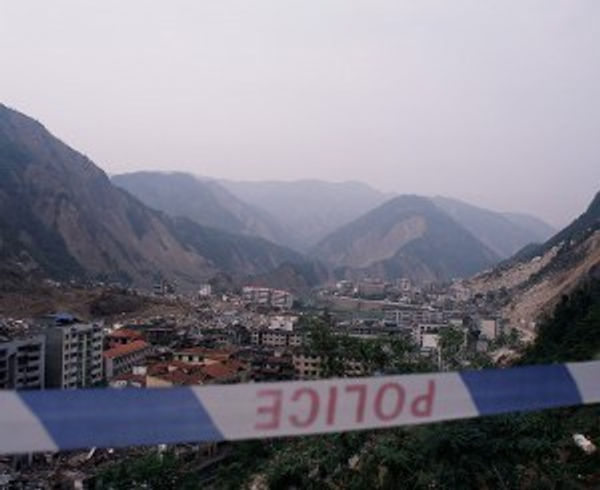“An Eye Opening Dose of Reality:” Review of 1428
- dgeneratefilms
- Jul 14, 2010
- 2 min read

1428 (dir. Du Haibin)
By Isabella Tianzi Cai
Last month, Libertas Film Magazine (LFM), an online film magazine devoted to the voice of freedom in movies and popular culture, published a review of Du Haibin’s 1428, which screened at the Los Angeles Film Festival. The article is penned by Joe Bendel, who is a professor at NYU and also works in the book publishing industry. He originally published this article in his blog, and it was picked by LFM’s editor-in-chief among a series of reviews for provocative films at the LA Film Festival this year.
In the article, Bendel notes the unconventional yet pronounced cinematic style of Du Haibin as representative of a new generation of Chinese filmmakers.
“Stylistically compatible with China’s so-called D-Generation (D for Digital) filmmaking, Du eschews conventional documentary techniques, like formal interviews and voiceover narration. Instead, he lets the camera roll, capturing the unfiltered reality of the quake’s aftermath at intervals of ten and two hundred ten days after the disaster. It is not pretty.”
More after the break.
He is also quick to point out the unobtrusive subversiveness of the film. He thinks that “[l]ike many of the D-Generation films, 1428 obliquely criticizes the Chinese Communist government from a perspective that would be considered left of center in the West.” Additionally, in contrast to the Oscar-nominated short China’s Unnatural Disaster, which also documents the Sichuan earthquake, he observes that “the survivors seen in 1428 are much more guarded in their grievances than the grieving parents featured.” He names the Tiananmen Square massacre as the reason for Du’s prudent editing choices, an assertion certainly open to debate.
To conclude, Bendel entrusts 1428 to deliver an alternative and at the same time more intimate story of the earthquake from that by the state news agency. He prescribes 1428 to be:
“an eye-opening dose of reality, straight-up without any external editorializing. It is not the popular image of contemporary China the government has worked to cultivate. In truth, it does require some patience . . . because it so scrupulously represents life as it is for the Sichuan survivors.”
These words might aptly summarize the legacy of China’s current generation of documentary filmmakers. Discover several of the best contemporary Chinese documentaries here.

Comments